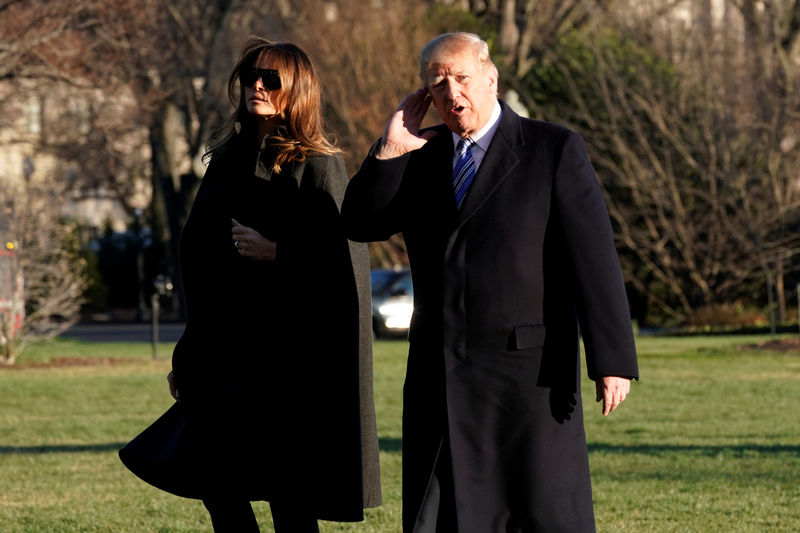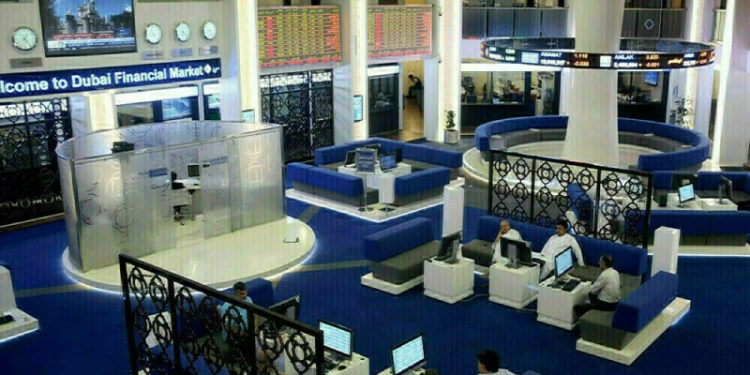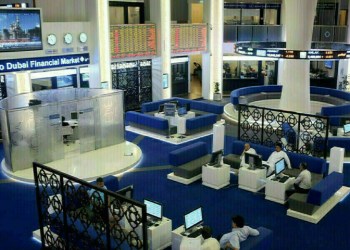 © Reuters. U.S. President Donald Trump listens to reporters as walks with first lady Melania Trump on South Lawn of the White House upon their return to Washington, U.S., from Palm Beach
© Reuters. U.S. President Donald Trump listens to reporters as walks with first lady Melania Trump on South Lawn of the White House upon their return to Washington, U.S., from Palm BeachWASHINGTON (Reuters) – U.S. President Donald Trump has spoken to world leaders about his planned tariff hikes on steel and aluminum and is not considering any exemptions to the measure, Commerce Secretary Wilbur Ross said on Sunday.
“I know he’s had conversations with a number of the world leaders,” Ross said in an interview with ABC’s “This Week.”
“The decision obviously is his, but as of the moment as far as I know he’s talking about a fairly broad brush. I have not heard him describe particular exemptions just yet,” Ross said.
On Thursday, Trump said the United States would apply duties of 25 percent on imported steel and 10 percent on aluminum to protect domestic producers, drawing a fire storm of criticism from trading partners and triggering a slide in stock markets.
Ross played down the possible effects of the proposed tariffs on the U.S. economy. He said the total amount of tariffs the U.S. government is proposing is about $9 billion a year, a fraction of 1 percent of the economy.
“So the notion that it would destroy a lot of jobs, raise prices, disrupt things, is wrong,” Ross said.
The commerce secretary dismissed European Union threats of retaliatory tariffs on flagship American products including Harley Davidson motorcycles, bourbon and Levi’s jeans as trivial and a “rounding error.”
On Saturday, Trump threatened European automakers with a tax on imports if the European Union retaliates.
Ross said the Europeans were discussing a “pretty trivial amount of retaliatory tariffs, adding up to some $3 billion of goods.”In our size economy that’s a tiny, tiny fraction of 1 percent,” Ross said. “So while it might affect an individual producer for a little while overall, it’s not going to be much more than a rounding error.”
Fusion Media or anyone involved with Fusion Media will not accept any liability for loss or damage as a result of reliance on the information including data, quotes, charts and buy/sell signals contained within this website. Please be fully informed regarding the risks and costs associated with trading the financial markets, it is one of the riskiest investment forms possible.
Source: Investing.com





























